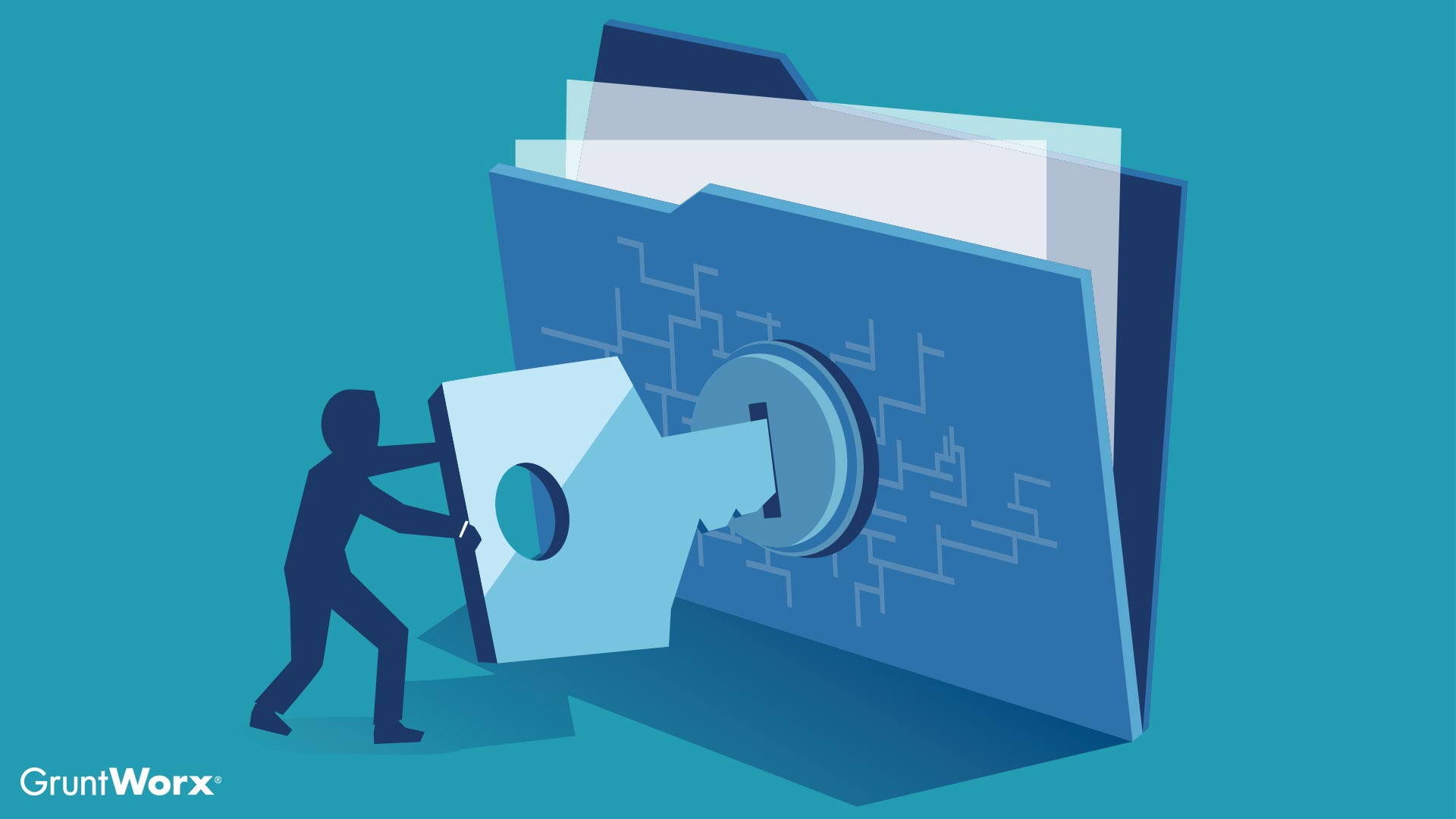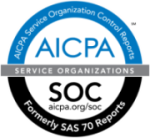

It’s easy for data security to become an afterthought in the months leading up to filing season. You’re busy completing continuing education requirements, learning recent updates to your tax prep and accounting software, and training staff—not to mention having your free time occupied by holiday shenanigans.
That’s exactly why the Security Summit’s annual National Tax Security Awareness Week is held every November.
The Summit is a data-security-focused organization that includes the IRS, state departments of revenue, and private members of the tax industry. This year’s five-day campaign featured tips for online safety, fake charities, identity protection PINs, and small businesses—and the IRS conveniently put together a press release covering highlights from the event.
So, let’s take a brief look.
Take steps to securely surf the web and shop online.
While we’re mere weeks removed from two of the busiest online shopping days of the year—Black Friday and Cyber Monday—it’s never too late to think about taking steps to secure your online accounts. From installing security software to where you should access Wi-Fi, the Summit outlined six basic tips that can improve your online security habits:
- Use security software for computers and mobile phones – and keep it updated.
- Avoid phishing scams, especially related to tax refunds and COVID-19, Economic Impact Payments and other tax law changes.
- Use strong and unique passwords for all accounts.
- Use multi-factor authentication whenever possible.
- Shop only secure websites by looking for the https in web addresses and the padlock icon.
- Avoid shopping on unsecured and public Wi-Fi in places such as coffee shops, malls and restaurants.
Fake charities are more than happy to take your money.
Giving Tuesday helps remind holiday shoppers to consider giving money to charity. Unfortunately, criminals see these kinds of events as an opportunity to fleece good Samaritans—taking money that would go to deserving causes. These three tips from the Summit can help you make sure you don’t accidentally give money to fraudsters:
- Individuals should never let any caller pressure them into giving a donation without allowing time for them to do some research.
- They should confirm the charity is real by asking for its exact name, website and mailing address and confirming it later.
- Donors should be careful about how a donation is made. After researching the charity, they should pay by credit card or check and not by gift card or wiring money.
Everyone can apply for an Identity Protection PIN.
Identity theft tax refund fraud is one of the primary reasons for the formation of the Security Summit; thieves were using taxpayers’ information to fraudulently claim refund checks from the US Treasury. Once only issued to those whose identity had already been stolen, the IRS recently expanded the Identity Protection PIN program to include all taxpayers. The Summit encouraged taxpayers to consider sending an application and provided some basic information about the program:
- The Identity Protection PIN or IP PIN is a six-digit code known only to the individual and the IRS. It provides another layer of protection for taxpayers’ Social Security numbers on tax returns.
- Use the Get an Identity Protection PIN tool to immediately get an IP PIN. Access to the tool is available from early January through mid-November.
- Never share the IP PIN with anyone but a trusted tax provider.
Small businesses need a data security plan.
On the final day of National Tax Security Awareness Week, the Security Summit highlighted data-security tips for small businesses. As the IRS points out, “most cyberattacks are aimed at small businesses with fewer than 100 employees,” and tax and accounting offices in particular are ripe targets for phishing scams. So, the Summit outlined five tips that can help prevent a data breach:
- Learn about best security practices for small businesses.
- IRS continues protective masking of sensitive information on business transcripts.
- Form 14039-B, A Business Identity Theft Affidavit PDF, is available for all businesses to report theft to the IRS.
- Beware of various scams, especially the W-2 scam that attempts to steal employee income information.
- Check out the business section on the Identity Theft Central page of IRS.gov.
How can I learn more about data security?
Check our sources below for links to the official press releases for each of the five days of National Tax Security Awareness Week.
Sources: IRS Tax Tip 2021-180; IR-2021-236; IR-2021-237; IR-2021-238; IR-2021-239; IR-2021-241







